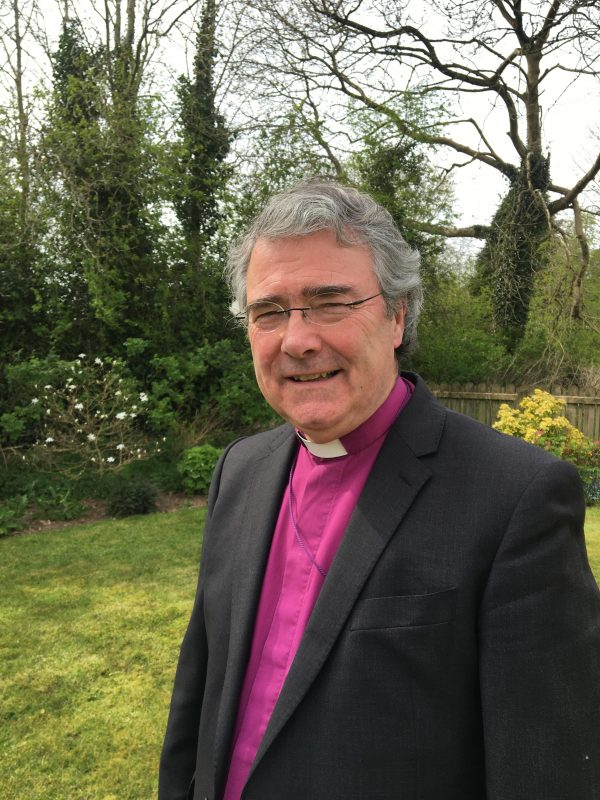“Surely the most remarkable and influential cultural and sporting organisation in Ireland today” – Archbishop John McDowell, photo above
Taking up office on Tuesday as Archbishop of Armagh and Primate of All Ireland, Archbishop John McDowell paid tribute to the role the GAA plays in every corner of the island of Ireland.
In an article published on the Church of Ireland’s website, Archbishop McDowell said the organisation was “surely the most remarkable and influential cultural and sporting organisation in Ireland today”.
The Church of Ireland had intended holding its General Synod this year in Croke Park.
Dr McDowell said it would have been an appropriate setting given the current Decade of Centenaries and it would also have provided an opportunity to reflect on “the tragic loss of life which was occurring all over Ireland in 1920; to have listened and spoken about the acknowledgements needed and the lessons learned”.
Welcoming Archbishop McDowell on his first day in office, Archbishop Eamon Martin assured him of his prayers and support as he embarked on this new chapter in his ministry.
“Although we may be unable to meet in person at this time, we have already been in frequent contact online to discuss issues of common interest, especially the pastoral and social implications of the current Covid-19 crisis,” Archbishop Martin said in a statement.
Dr Martin recalled that he and Archbishop McDowell travelled in 2016 as part of a cross-community centenary pilgrimage with young people to the Somme and other significant First World War sites.
“That encounter was a moving experience for all involved and in this vein I was particularly interested in a key theme in his inaugural message today which highlighted the continuing challenge of securing lasting peace and reconciliation for the people on this island,” Archbishop Martin stated.
In his essay Archbishop McDowell said, “We are now most certainly a post-Christendom, if never quite a post-Christian, society. Perhaps it is for us, a church of a northern majority but insisting on and valuing the voices of southern brothers and sisters in all the councils of our Church, to work towards a coherent understanding and a living-out of reconciliation.”
Reconciliation, he said, is the great work (of heart, of brain, and of practicalities) which is crying out for our commitment as children of “the God of peace who brought again from the dead our Lord Jesus, that Great Shepherd of the sheep”.
“Those who are the agents of reconciliation will always have some kind of destructive energy to absorb; they will always have something to bear that is not, strictly speaking, their own. Without wishing to be too dramatic, the scars of suffering are the tokens of peacemaking, at the very least peacemakers risk bearing the emotional scars of being ridiculed,” he said.
DraggedImage.648eddeff07b4008999a47af60b33a69.png



